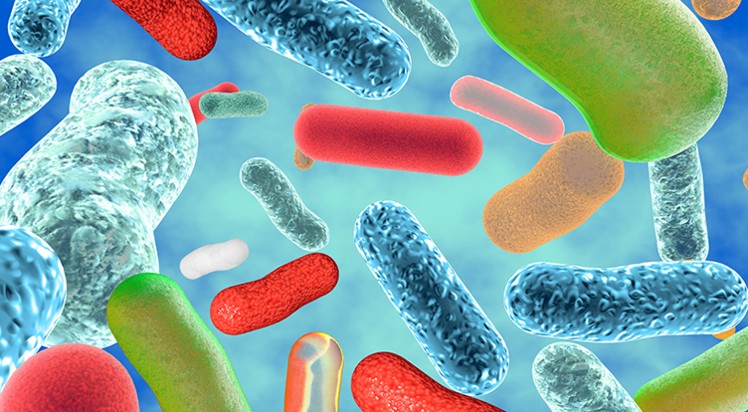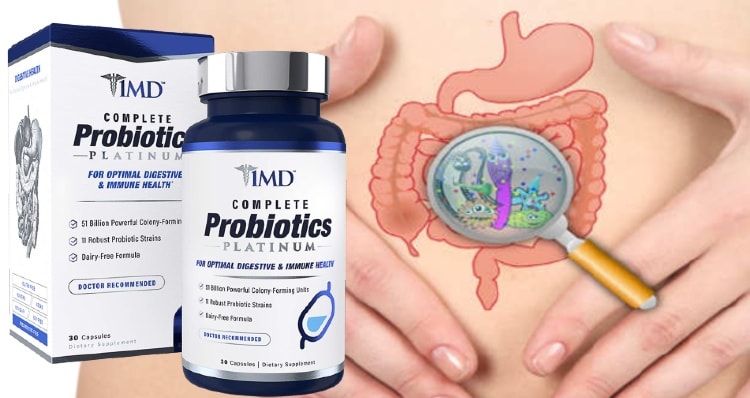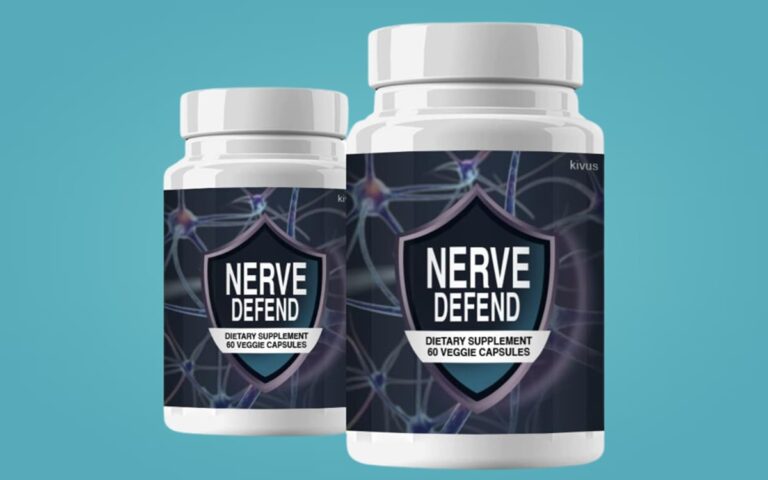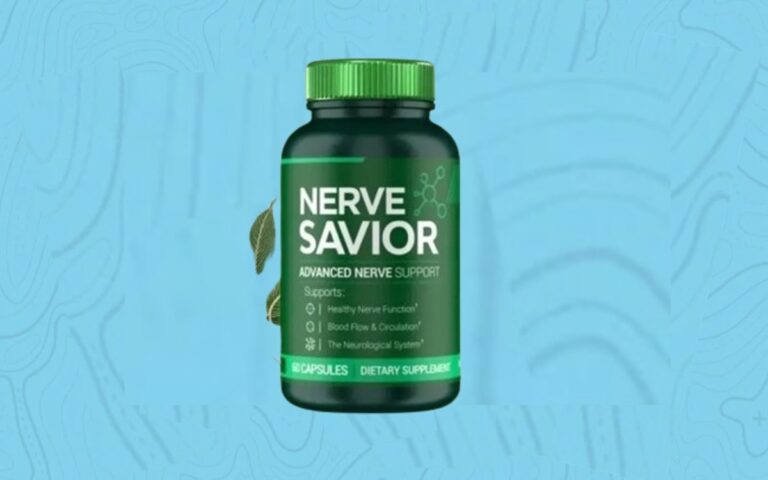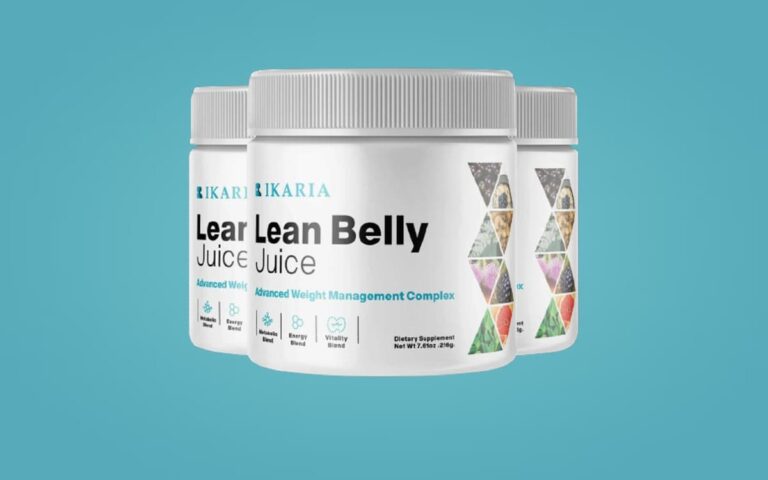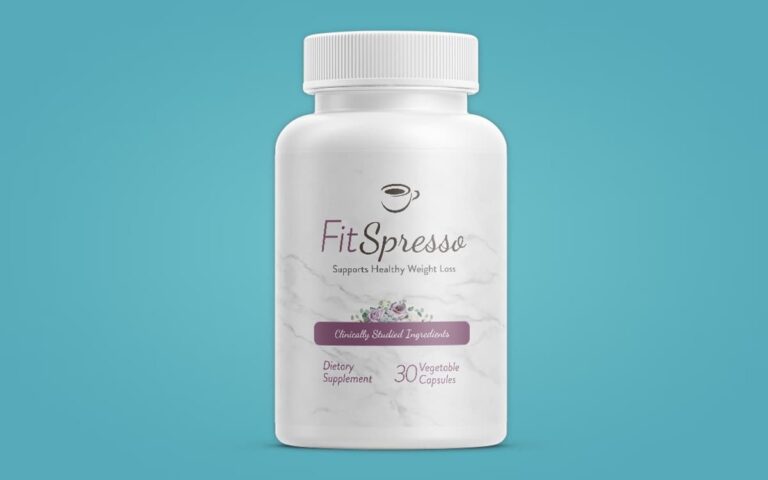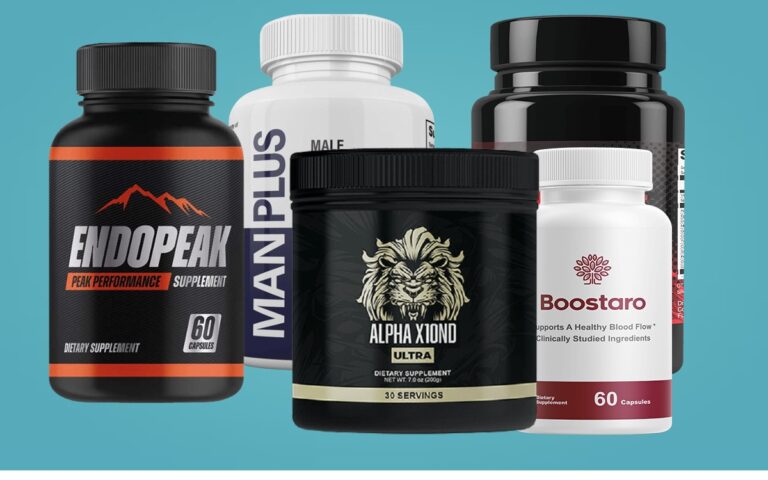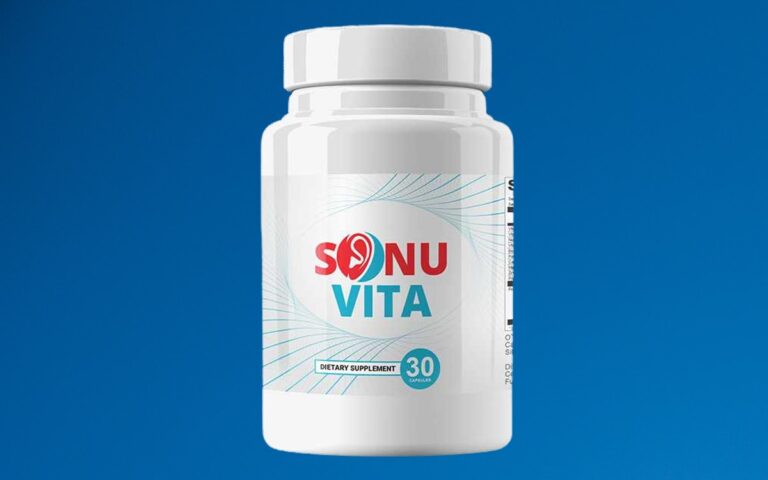The Best Fluffy Pancakes recipe you will fall in love with. Full of tips and tricks to help you make the best pancakes.

A Guide to Choosing the Best Digestive Enzyme Supplements

Digestive enzymes, as the name suggests, are needed by the body for the digestion of nutrients obtained from food sources. This Honest guide for choosing the best digestive enzyme supplements from the plethora of supplements available in the market.
They begin to work as soon as the food enters the mouth. Saliva has digestive enzymes that start the breakdown process of nutrients. The pancreas, gallbladder, and liver also release these enzymes.
At times the body is unable to produce sufficient digestive enzymes. This leads to conditions like the midriff bloating, flatulence, and loose stool (1).
Supplementation with these enzymes helps bring relief from such conditions. A prescribed dose deals with long term digestive disorders like IBS (IBS-Irritable Bowel Syndrome), which affects the large intestine (2).
Choosing the Best Digestive Enzyme Supplements
The food we eat needs to be broken down into basic nutrient components such as vitamins, proteins, fatty acids, and carbohydrates in order for the body to absorb them effectively. When food is poorly digested, your body absorbs nutrients that are not fully broken down resulting in many digestive complications.
Digestive enzymes are secreted at many points along the gastrointestinal tract and are directly responsible for absorbing nutrients from our diet. An inadequate production or improper function of digestive enzymes in the body can cause problems in your digestive cycle.
Enzyme deficiency may manifest in the following symptoms:
- Bloating and gas
- Stained stools
- Feeling full after eating a small quantity of food
- Fatigue and a constant feeling of low energy
- Difficulty in maintaining a healthy weight
- Disturbed digestion and constipation
How to Choose the Right Digestive Enzyme Supplements?
Digestive enzyme supplements mimic the function of natural enzymes found within our body to supplement the working of our digestive system. They aid in reducing the deficiency of enzymes in the body and help in alleviating digestive disorders. There is a variety of enzymes available in the market. Quality, efficacy, and activity are the basic factors to keep in mind when selecting digestive supplements.
Top Doctors: 3 Foods You Consume Daily Surgeons Are Now Calling “Death Foods” Are Damaging Your Digestive Health (Watch Video)
Choosing the correct enzyme supplement should be assessed on the following standards:
Blend of Digestive Enzymes
It is important to find a digestive enzyme supplement that contains a broad range of enzymes which help in the breaking down of various nutrient components including fibre, fats, carbohydrates, starch and sugar. Each enzyme has its specific function in the body, and when taken in combination, it improves absorption of the food in the digestive system. Enzyme blends have a broader range of benefits than individual enzymes because of the variety of origins and substrates, increased percentage of absorption, and a wide range of optimal pH levels found in them.
Source of Enzymes
Digestive enzymes can be derived from plant, microbial or animal sources. Scientific studies suggest that plant-based enzymes help to effectively maintain the pH and temperature ranges of your body; thus, they remain stable throughout the intestinal tract. These enzymes supplements are also suitable for vegetarians as they are not sourced from any animal products. On the other hand, animal-sourced enzymes work in a narrow range of pH and are not stable in acidic conditions, like in the stomach.
Enzymes Capsule or Tablet
Enzymes are easily available in the form of capsules than tablets. Capsules are produced under milder conditions, permitting the enzymes to remain intact for quicker absorption. On the contrary, tablets often have a protective coating that makes it harder for the body to absorb. The intricate processing method used to create tablets usually destroys the active enzymes and renders them useless to the body.
The activity of the Enzymes
The effectiveness of an enzyme is measured as per its activity, and not by weight. The higher the activity level, the more powerful it is in digesting your food. Choosing a high activity and high potent supplement will reduce the number of pills you need to take. The activity of enzymes depends on the concentration, pH, quantity, substrate and temperature. It is, therefore, good to look for the activity in the enzymes when buying digestive supplements.
Reputation of Enzyme Supplements
It is advisable to buy supplements that are high-quality and have a sound reputation. Taking inferior supplements can adversely affect your health without offering any benefits. You may consider taking Biocare Digestaid or Bioconcepts Digestive Enzyme with Aloe Vera that have reliable credibility and are top quality. These supplements encourage an effective breakdown of the food in the digestive tract and help maintain a healthy digestive system.
#1 Probiotic For Digestive Health –1 MD Complete Probiotics Platinum You Should be Taking
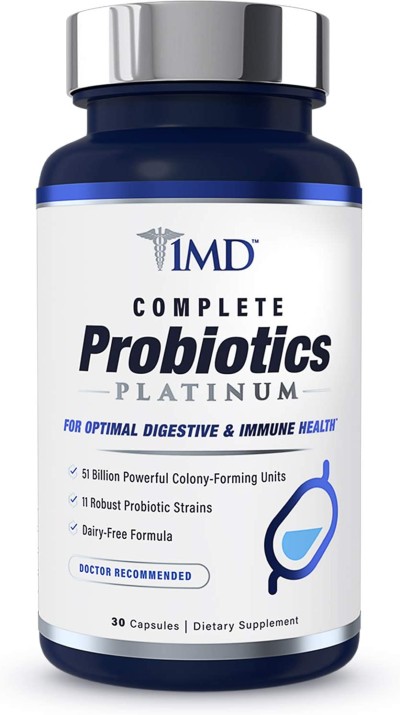
You Should Be Eating Digestive Enzymes—Here Are 9 Foods High in Digestive Enzymes
“Digestive enzymes naturally occur in the body to help break down what we eat so that important nutrients get to all the right places for proper utilization,” says NYC-based registered dietitian Brittany Linn, RD.
However, if the body doesn’t make enough of certain enzymes (say, the enzymes necessary to break down the lactose in dairy products), this can slow the digestion process and lead to GI symptoms like gas, bloating, and diarrhea.
Fortunately, there are many foods that contain these important enzymes, the majority of which are best consumed raw to maximize the digestive benefits. “Many enzymes are very fragile and can be easily disrupted with chemical, pH, or temperature changes,” says Linn.
Below are nine foods that can help give your digestion a boost—plus, how to seamlessly add them to your diet:
1. Pineapple

“Pineapples contain bromelain, a mixture of enzymes that help to digest protein,” says Connecticut-based registered dietitian Alyssa Lavy, RD. Since bromelain, like other digestive enzymes, are sensitive to heat, upping your raw pineapple quota is the best way to maximize your intake. Try blending pineapple into your smoothies, adding pineapple chunks to your salads, or using pineapple as a meat tenderizer.
2. Avocados
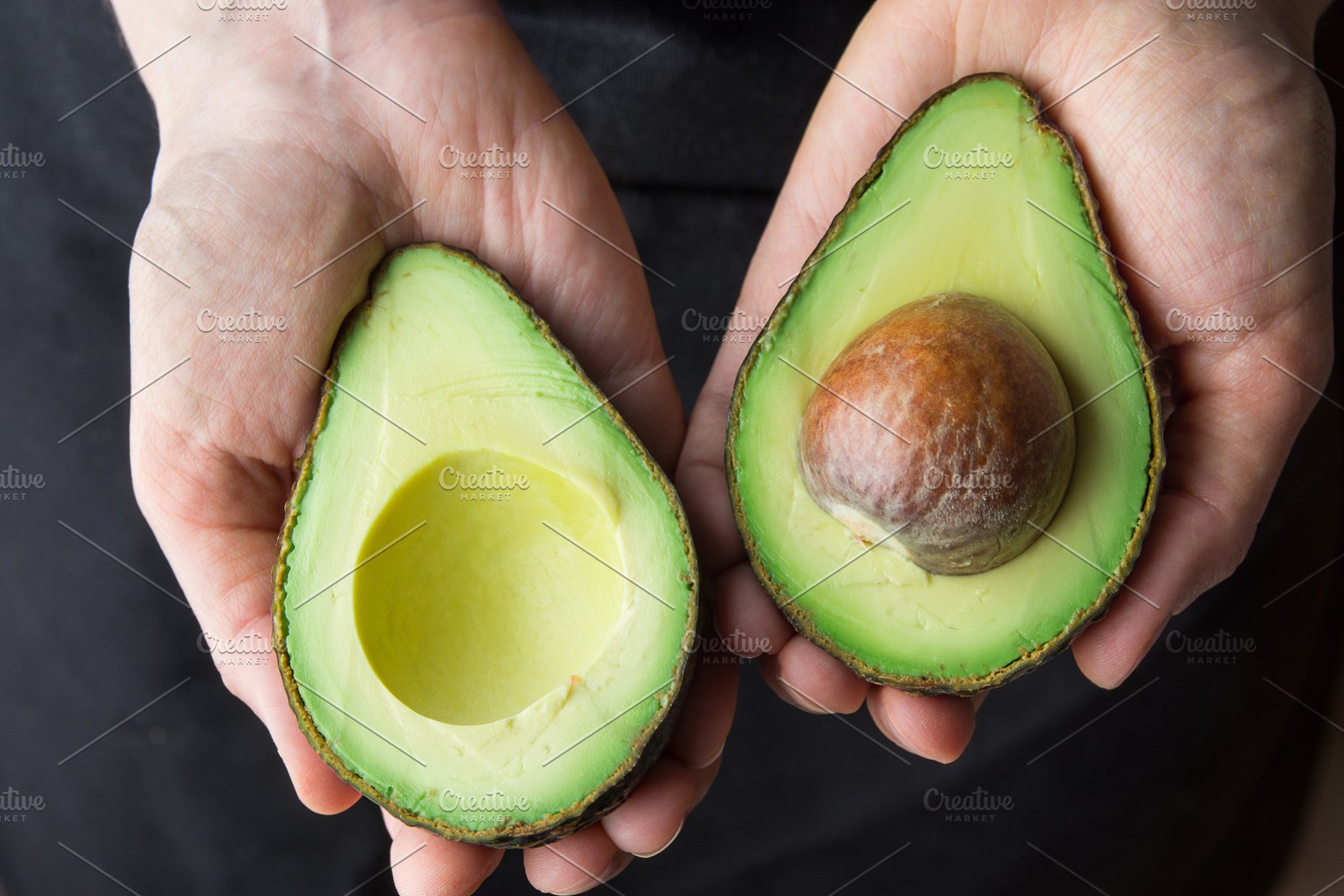
If high-fat meals tend to give you trouble, consider avocados your new partner-in-crime. They contain lipase, an enzyme necessary for the metabolism and digestion of fat, says Kansas-based dietitian Cheryl Mussatto, RD, author of The Nourished Brain. Bonus: Avocados are super easy to incorporate into your diet—add to your morning smoothie, top your desk salad with avocado cubes, enjoy some guac, or bust out your favorite avocado toast recipes.
3. Bananas
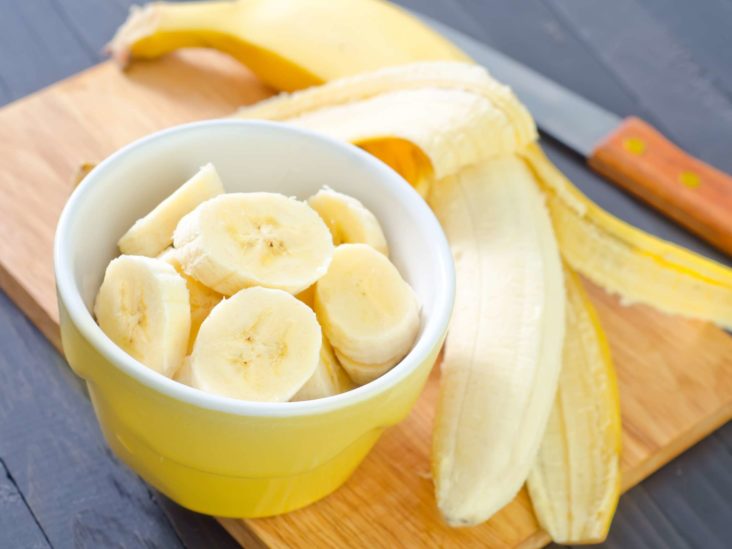
Best known as a go-to potassium source, bananas are also a source of enzymes like amylase and maltase, says Mussatto. Amylase helps to break down complex carbs, like those found in bread and cereals, while maltase helps to break down the malt sugar found in carbohydrate foods, like starchy grains and veggies. Top your cereal or oatmeal with bananas, blend one into a smoothie, or eat one straight-up the next time you’re in the mood for a snack.
4. Mangos

Like bananas, mangos also contain amylase, making it easier for your body to break down starches into smaller carb molecules and absorb them. Mussatto recommends sliced or chunked mango as a refreshing snack on its own or as a green salad topper for a healthy—and delish—splash of color.
Top Doctors: 3 Foods You Consume Daily Surgeons Are Now Calling “Death Foods” Are Damaging Your Digestive Health (Watch Video)
5. Papaya
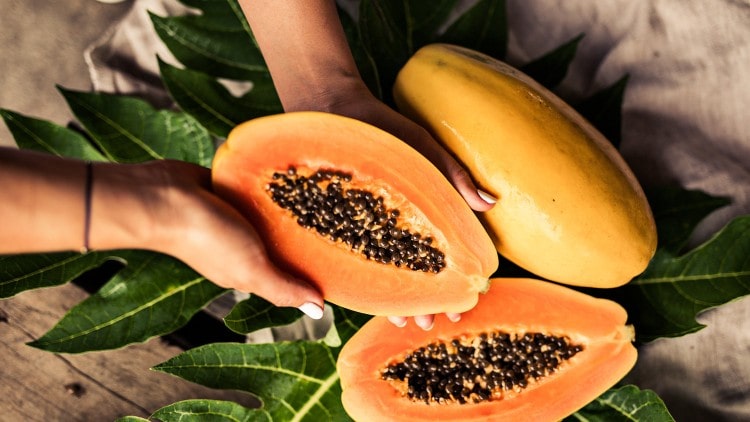
The enzymes found in papaya are called papain, which help to break down protein, says Lavy. Heat can damage papain, so make sure to consume papaya raw for maximum digestive perks—for example, papaya wedges as a breakfast side, or cubed and added to salads and smoothies.
6. Raw Honey
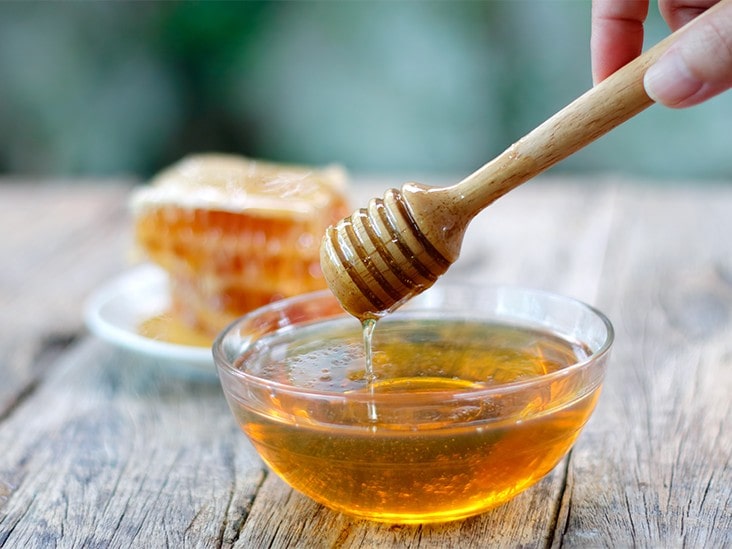
Among others, honey contains digestive enzymes called diastases, invertases, and proteases. These help to break down starches, sugars, and proteins, respectively. “Eating honey in raw form allows your body to yield all of the digestive benefits,” says Linn. the best digestive enzymes “If you buy processed honey, it’s often heated during treatment, which can destroy the beneficial enzymes.” Drizzle it on toast, mix it into yogurt, or use it to sweeten your oatmeal.
7. Kefir
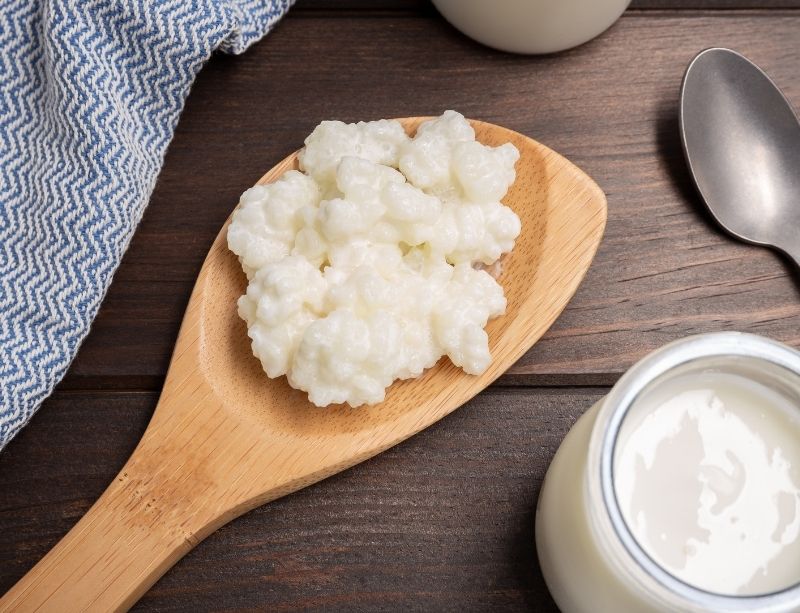
“Kefir is basically fermented milk with added yeast cultures, lactic acid bacteria, and acetic acid bacteria,” says Linn. It contains the digestive enzymes lipase (which breaks down fat), lactase (breaks down lactose), and proteases (protein). You can drink it straight up, add it to overnight oats, or blend it into your next smoothie bowl.
#1 Probiotic For Digestive Health –1 MD Complete Probiotics Platinum You Should be Taking

8. Sauerkraut

Thanks to the fermentation process, sauerkraut is an excellent source of various digestive enzymes that can help your body break down proteins, fats, and starches. If going with store-bought, buy sauerkraut made with water and salt, not vinegar, says Mussatto. (This means that the sauerkraut was fermented and not pickled, leaving the digestion-friendly enzymes in tact.) Eat on its own, or as a side to any meal.
9. Ginger

Not only does ginger contain an enzyme called zingibain that helps the body digest protein, it may also help to increase digestive enzyme production in the body, says Linn. This is on top of the role it already plays in nausea relief. Enjoy ginger in tea form, add it to your next stir fry, or grate some into citrusy drinks for that extra zing.

